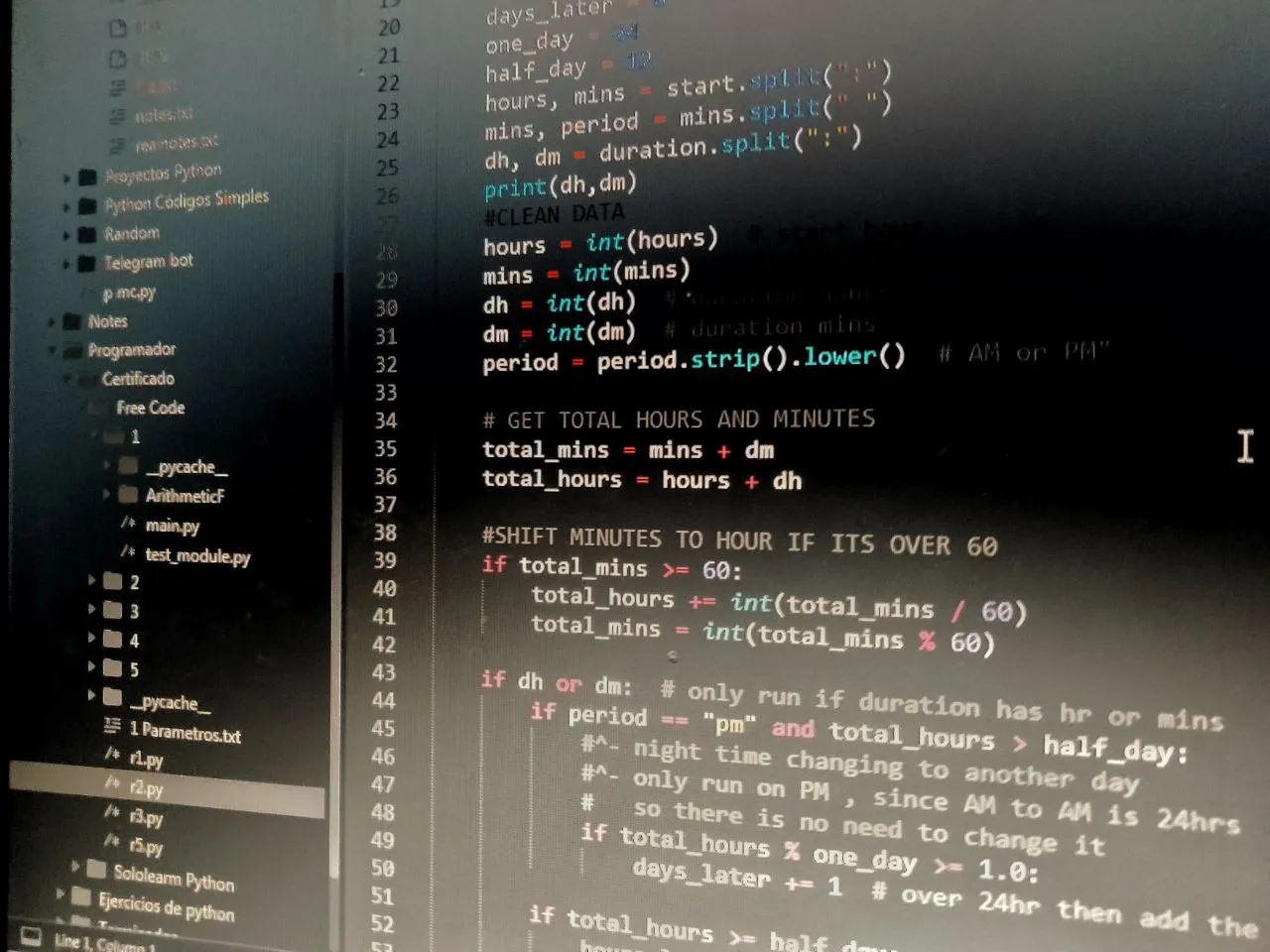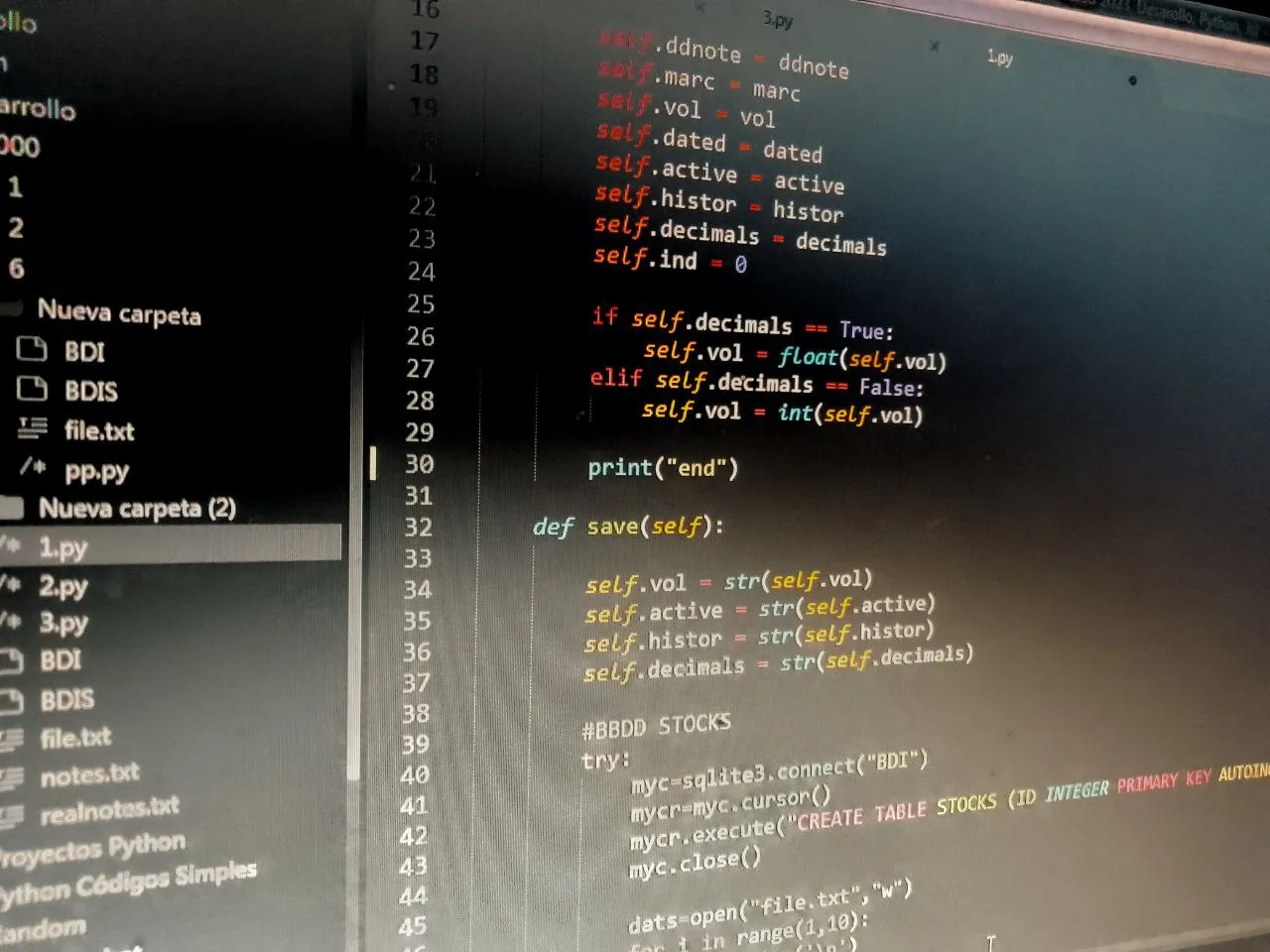Imagine the following situation, you have just finished a programming course, you feel excited with all the new knowledge, tools, and tactics to exploit but you don't know how to do it, you don't have real experience to immediately opt for a job, and collaborative projects scattered on the Internet can become too complicated, advanced, or twisted.
What should you do? The answer is simpler than it seems, develop your own project.
It is recommended to start with personal projects that solve unique problems in your daily life. The reason behind this is twofold:
- Motivation and commitment: When you work on a project that has a personal or emotional connection with you, you are more likely to feel motivated and committed. If you are learning to program to solve specific problems that you face, you will have an intrinsic motivation that will drive you forward even when you feel frustrated or failed.
- Practice and learning: Creating personal projects provides you with a platform to practice and apply the concepts you are learning in the real world. This will allow you to experiment with different approaches and tools and give you the opportunity to learn from your mistakes and correct them.

But why should we properly plan our programming projects?
Planning a programming project is essential to ensuring that goals are met and tasks are completed on time. Below are some important steps to successfully plan a programming project:
- Identify requirements: Before starting to develop your project, you must clearly identify the requirements and understand the objectives expected to be achieved. This will allow you to determine what resources and times are required to achieve the objectives.
- Define scope: From the requirements, determine which functionalities will be covered in the project, what is excluded, and what will not be covered. This will help you establish a realistic scope for the project.
- Time and cost planning: Break down all the tasks required to develop the project and estimate the time required to complete each task. In turn, identify the costs that will be incurred in terms of labor, equipment, and other associated expenses
- Establish a schedule: Use a project management tool to create a schedule with key dates and important milestones. Make sure to have a time margin for unforeseen changes, and update the schedule as the project progresses.
- Document the process: Create detailed documentation that serves as a guide for the team at each stage of the development process. This includes tracking progress, specific tasks for each team member, expected outcomes, and deadlines.
- Perform testing: Perform testing at each stage of the project to ensure that everything is in line with the defined requirements. If any errors are found, they should be fixed before moving forward.
By following these steps, you can ensure that the development of your project is carried out carefully and methodically, which will increase the chances of success.

What are the advantages of working on your own projects?
Below is a list of the most solid advantages of developing your own programming projects:
- Learning: By building your own projects, you force yourself to learn, research and discover new things. This will increase your knowledge and skills in programming.
- Creativity: Being able to work on your own projects allows you to be creative and experiment with ideas and concepts that may not be possible in work projects.
- Ownership: By creating your own projects, you own the final result. You can make changes or updates whenever you want and no one can stop you from doing whatever you want with your project.
- Portfolio: Having your own programming projects can often become a valuable part of your portfolio that can help you get a job in the industry.
- Problem-solving: The process of building your own project will help you develop problem-solving skills and critical thinking skills that are essential in programming.
- Flexibility: By not having a team or supervisors, you are free to work on your project according to your schedule and pace.
In summary, developing your own programming projects allows you to be creative, learn and develop valuable skills, have complete control over the project, and build your portfolio. So ask yourself, what are you waiting for to develop your own programming projects? Plan and develop the project you always wanted.
Remember that programming is a constant learning process and it's important to be perseverant and dedicated to be able to see satisfactory results.